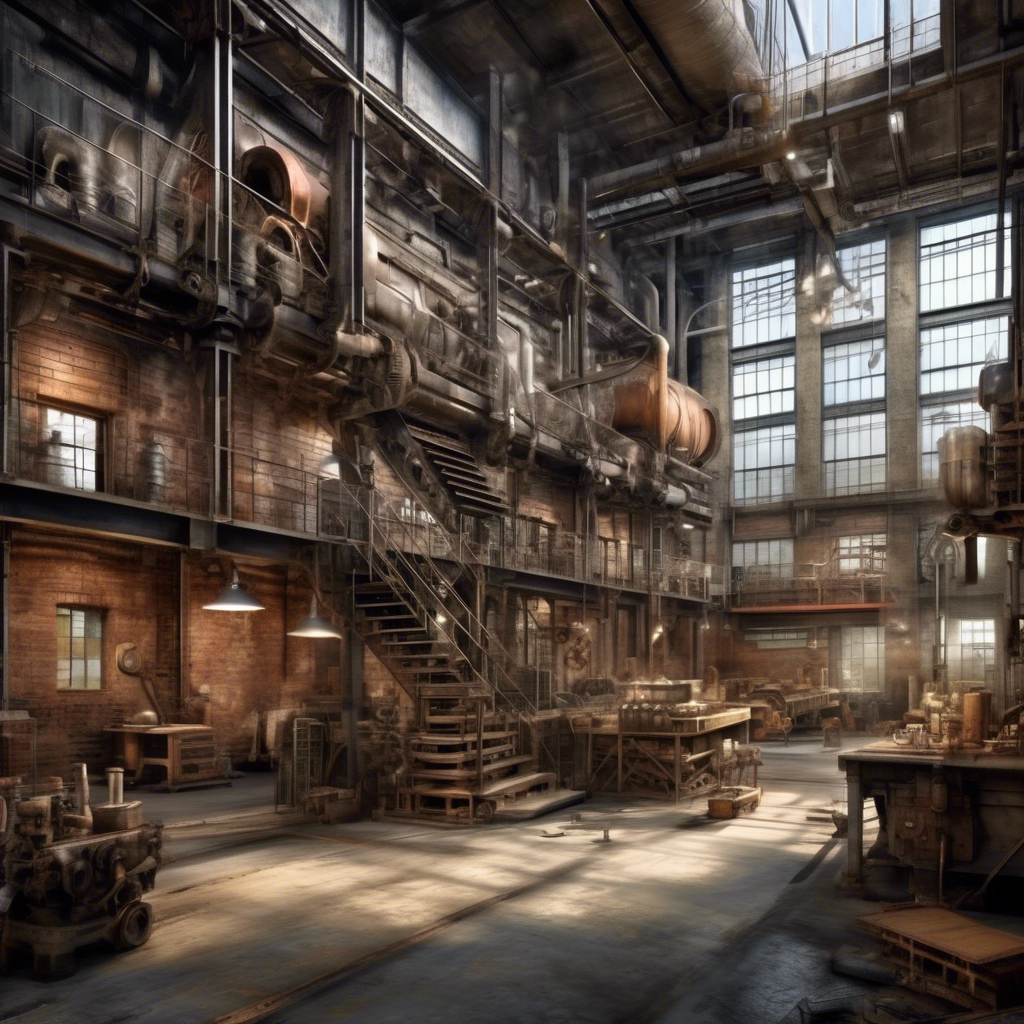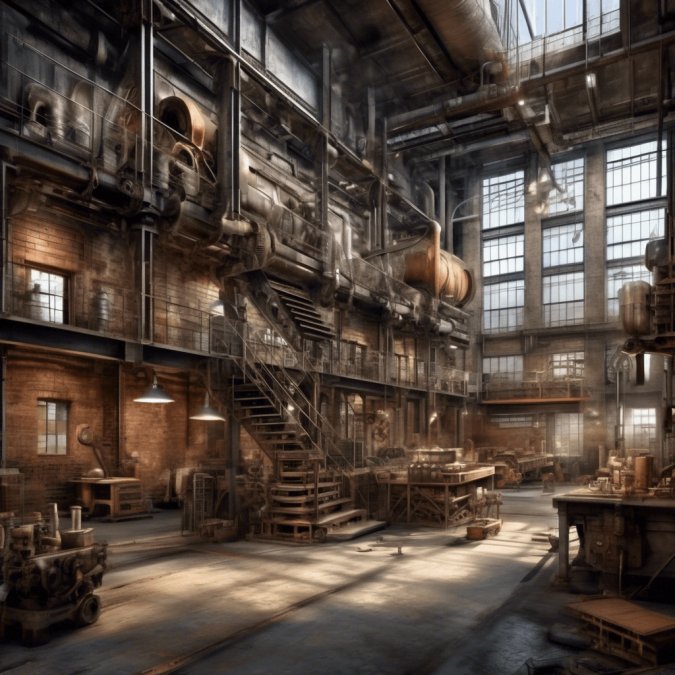
The Industrial Era, also known as the Industrial Revolution, was a period of massive technological, economic, and social change that began in the late 18th century in Europe. It marked the transition from an agrarian economy to one based on industry and manufacturing. The Industrial Era had a profound impact on the history of the world, changing the way people lived and worked, and shaping the modern world we live in today.
The roots of the Industrial Era can be traced back to the early developments in Europe, particularly in Britain, where advancements in agriculture, trade, and technology laid the groundwork for the industrial revolution. The invention of new farming techniques, such as the use of crop rotation and selective breeding, led to increased food production and population growth. This, in turn, created a surplus of labor that could be used in other industries.
The discovery and exploitation of coal and other natural resources provided the energy needed to power new machines and equipment, leading to the mechanization of production processes. This shift from handcrafted to machine-made goods revolutionized the way products were manufactured, making them faster, cheaper, and more readily available to consumers. The steam engine, invented by James Watt in 1769, became the cornerstone of the Industrial Era, powering factories, trains, and ships, and enabling mass production on a scale never before seen.
The Industrial Era also saw the rise of large-scale factories and industrial centers, which drew workers from rural areas to urban areas in search of employment. This migration from the countryside to the city caused rapid urbanization and the growth of cities, creating new social and economic challenges. Working conditions in the factories were often poor, with long hours, low wages, and dangerous working conditions, leading to widespread labor unrest and the emergence of labor unions.
The impact of the Industrial Era was not limited to Europe alone. As European powers expanded their empires across the globe, they brought industrialization to other regions, such as the Middle East, Asia, and Africa. The introduction of new technologies and manufacturing processes transformed these societies, disrupting traditional ways of life and creating new economic opportunities. Colonized peoples were forced to adapt to the changes brought by industrialization, leading to social upheaval and political unrest.
The Industrial Era also had a profound impact on the environment, as the burning of fossil fuels and the release of pollutants into the air and water led to widespread pollution and environmental degradation. Deforestation, air and water pollution, and the depletion of natural resources became major environmental issues, leading to calls for conservation and sustainability.
Despite its negative consequences, the Industrial Era also brought about significant advancements in technology, science, and medicine, improving the quality of life for many people. Innovations in transportation, communication, and healthcare made it easier for people to travel, communicate, and access medical care, leading to longer life expectancy and improved standards of living.
In conclusion, the Industrial Era was a period of great change and transformation that reshaped the world in profound ways. From its beginnings in Europe to its spread across the globe, industrialization changed the course of history, impacting the lives of billions of people and shaping the modern world we live in today. And while the Industrial Era brought about many challenges and hardships, it also ushered in a new era of progress and innovation that continues to influence our lives in countless ways.
